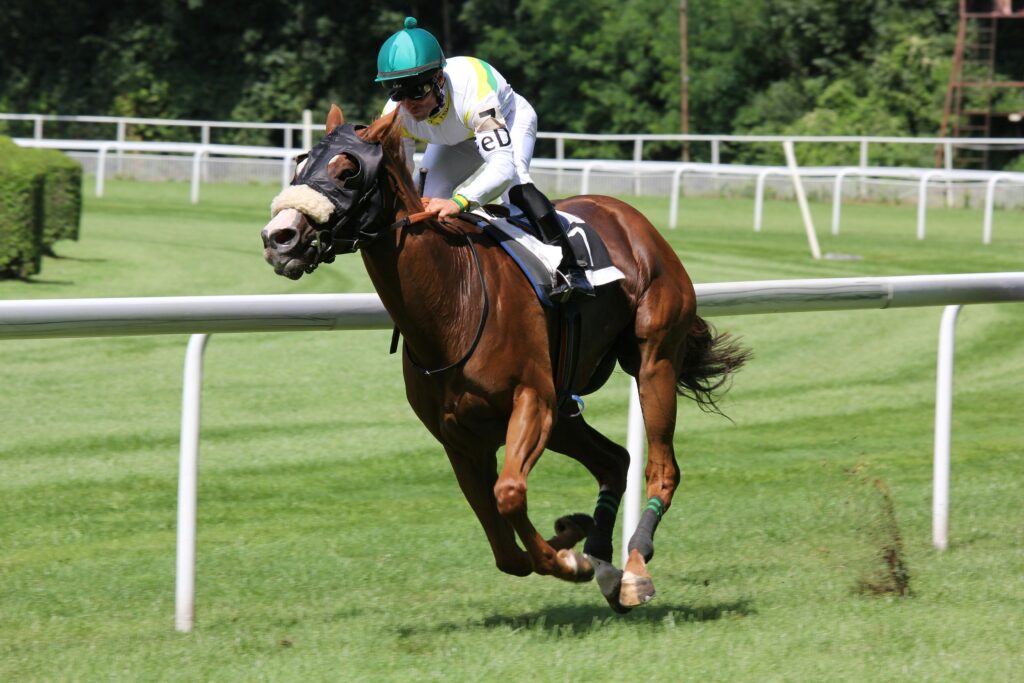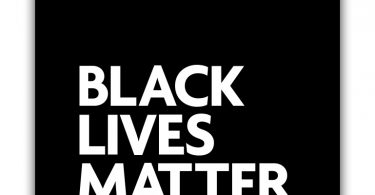Being a dad is one of the most amazing experiences any man can have and allows you to build a close connection with your children.
The positive impact of dads on kids cannot be underestimated because it helps to raise children who are happy, healthy, and well-adjusted.
Whilst you might play this role in family life, it’s key to remember you are still an individual person in your own right and should strive to enjoy some hobbies in your spare time. Sport is a great example and lots of men love to watch the latest football games on TV or catch the breaking news online. Horse racing remains a very popular sport in the UK and something that’s fun to watch.
Betting on races is also a major part of the sport and something that has been linked to horse racing for a long time. If you plan to start betting on races, it’s key to know what you’re doing first, and the best place to start is with common horse racing terms. By getting to grips with these, you’ll be much better informed when placing bets.
But what are the most useful horse racing betting terms for beginners to read up on?

Accumulator
Also known as an Acca for short, this is a type of bet that takes multiple individual wagers and bundles them together into one larger bet. All selections must be successful for accumulators to win (unless you have accumulator insurance, which some sportsbooks offer) but the potential returns are higher than putting each wager on individually.
All-weather track
A racecourse that has an artificial surface made from either fibresand, polytrack, or tapeta. There are five all-weather courses in the UK—Chelmsford, Kempton, Lingfield, Southwell and Wolverhampton.
Ante-post betting
This is placing a bet well in advance of the race itself happening. Ante-post bets are normally done weeks in advance and usually offer much higher odds than making the same bet closer to the action. They tend to be offered on major races/events by sportsbooks online.
Bumper
Bumpers are flat races that are run under jump rules. The main aim of these races is to give younger jump horses the experience of racing before they take on hurdles/fences.
Blinkers
A type of headgear that can be worn by horses in a race. Trainers use them to limit the horse’s vision when racing and stop them from getting distracted.
Distance
This can describe the total distance a race is being run over or the distance by which a horse won/lost their last race.
Draw
This term describes the stall a horse will start from in flat races. Stall numbers are drawn at random pre-race and the stall a horse runs from can have an impact on how well it does.
Each way bet
If you want to know how each way betting works, the good news is that it’s actually pretty simple! This sort of wager is made up of two parts—one covers the win and the other a place bet. Potential returns are calculated based on the each way odds shown and the total stake.
Evens
Odds that come with a price of 1/1 or equivalent. Evens bets mean that the winnings made are equal to the stake put down initially.
Forecast bet
A type of horse race bet where you need to select the winner and runner-up in the race. A straight forecast is picking the winner and runner-up in the correct order, whereas a dual forecast is picking them in either order.
Form
Form is the recent race record a horse has and is shown on the racecard. Form figures are read right to left and are key pieces of data to bear in mind when deciding who to back. A horse in good form, for example, is generally a more appealing pick than one in bad form.
Favourite
This is the horse with the shortest odds and at the head of the betting. Favourites are horses that the bookies feel have the best chance of winning, but this is not guaranteed.
Going
The going describes the ground conditions of the course and is affected by recent weather conditions. Dry weather leads to firmer ground, whilst wet weather makes for heavy going.
Going down
As well as being an awesome song from seminal UK indie heroes The Stone Roses, going down is a horse racing term when horses are on their way to the starting post.
Handicap
A specific type of horse race where each horse is allotted a different weight to carry. This is done to even up the field and lead to more competitive races.
Lay betting
Just as terminology is key to understanding cutting-edge gadgets and gear, it also plays a massive role in horse races. This is a type of bet that involves picking a horse you think will lose. Whether they come 2nd, 5th, or 10th, you win.
Maiden
A horse that has not won any races as yet. Maiden races are comprised solely of these kinds of horses.
Nap
The best selection from a horse racing tipster for that day that they think has the most chance of winning.
Outsider
The outsider in a race usually comes with long odds and is regarded as unlikely to win by bookies.
Odds
Horse racing is a staple of the latest sports news nationwide and odds are central to it. They show how likely an event is to happen and the return a bet may make. It’s common in UK betting to see decimal odds (2.00, for example) or fractional odds (3/1, for example).
Pulled up
This term is used to describe a horse who does not finish a race.
Yard
This is the physical premises from which a horse racing trainer operates.
Horse racing terms 101
If you plan to start betting on horse races, knowing the most common terms and phrases is handy. This ensures you always know what’s going on when betting online, and that you can operate from a position of true knowledge.





























Leave a Comment
You must be logged in to post a comment.